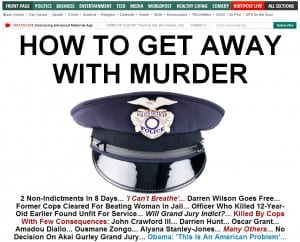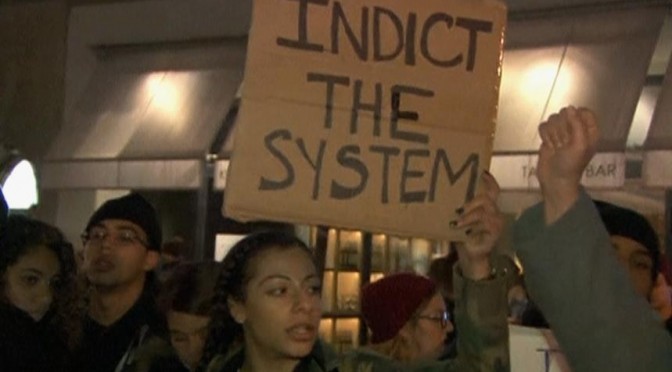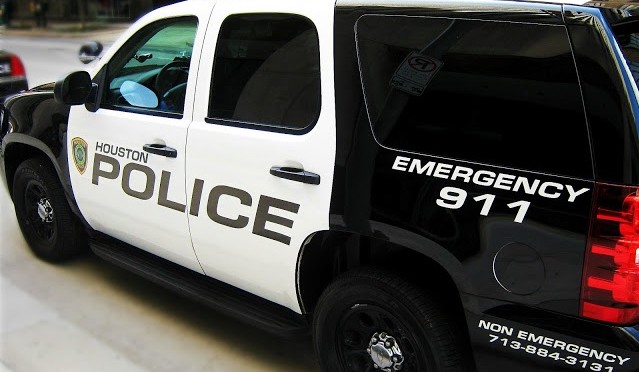 Across the United States, many communities have already erupted in protest following the recent decision not to indict Ferguson police officer Darren Wilson after the … Continue Reading ››
Across the United States, many communities have already erupted in protest following the recent decision not to indict Ferguson police officer Darren Wilson after the … Continue Reading ›› The Unjust System
There are some days when The Huffington Post really nails their front page. Today would be one of them...
 Across the United States, many communities have already erupted in protest following the recent decision not to indict Ferguson police officer Darren Wilson after the … Continue Reading ››
Across the United States, many communities have already erupted in protest following the recent decision not to indict Ferguson police officer Darren Wilson after the … Continue Reading ››
 Across the United States, many communities have already erupted in protest following the recent decision not to indict Ferguson police officer Darren Wilson after the … Continue Reading ››
Across the United States, many communities have already erupted in protest following the recent decision not to indict Ferguson police officer Darren Wilson after the … Continue Reading ›› 
